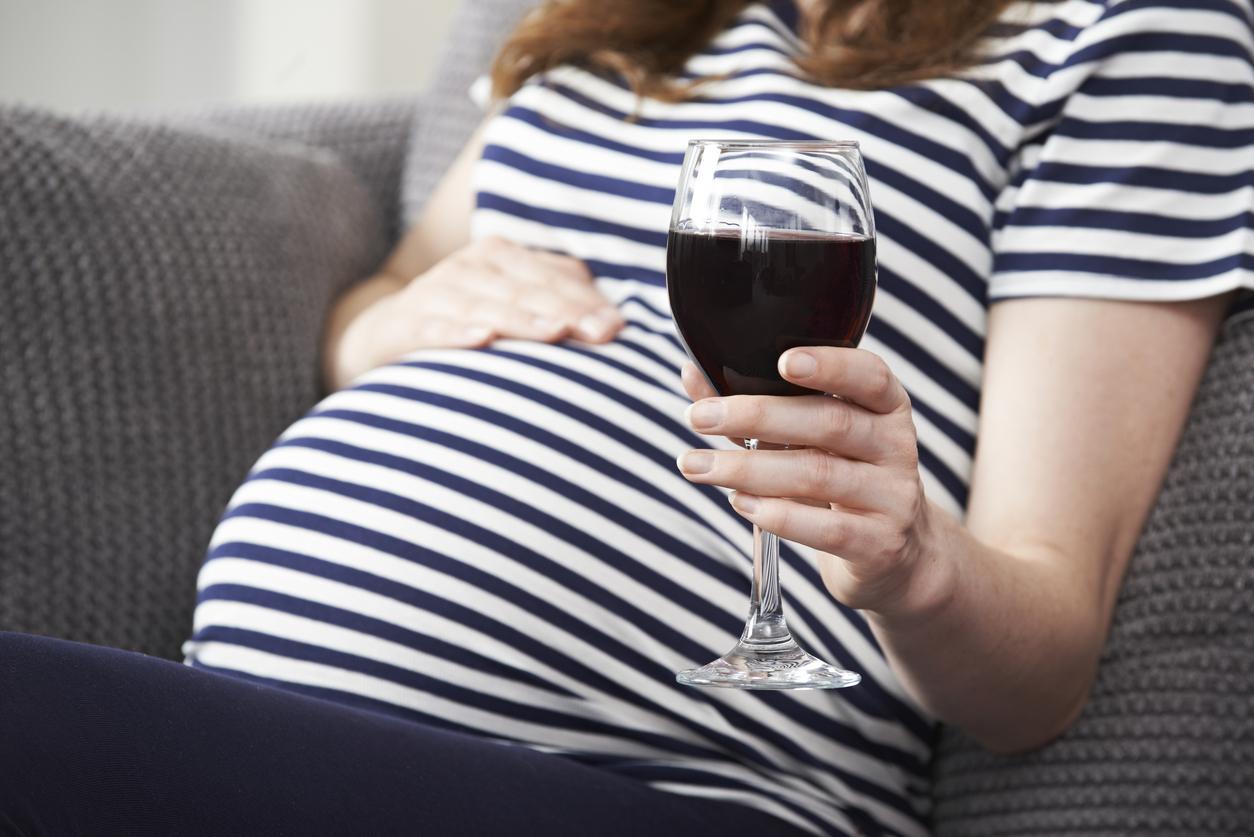British mothers among the world's worst for drinking during pregnancy
One in 13 women who consume alcohol while expecting will go on to have a child with FASD

Your support helps us to tell the story
From reproductive rights to climate change to Big Tech, The Independent is on the ground when the story is developing. Whether it's investigating the financials of Elon Musk's pro-Trump PAC or producing our latest documentary, 'The A Word', which shines a light on the American women fighting for reproductive rights, we know how important it is to parse out the facts from the messaging.
At such a critical moment in US history, we need reporters on the ground. Your donation allows us to keep sending journalists to speak to both sides of the story.
The Independent is trusted by Americans across the entire political spectrum. And unlike many other quality news outlets, we choose not to lock Americans out of our reporting and analysis with paywalls. We believe quality journalism should be available to everyone, paid for by those who can afford it.
Your support makes all the difference.British mums-to-be are among the most likely in the world to drink during pregnancy and harm their unborn baby as a result, new research finds.
The study, conducted by the Canadian Institute of Mental Health Policy and Research, found that four times more children in the UK suffer alchohol-related birth defects than the global average.
For the proportion of children with foetal alcohol spectrum disorder (FASD), Britain came seventh out of 195 countries and sixth in Europe.
As such, the Canadian scientists have called for the dangers of alcohol to be reinforced in sex education and suggest that screening pregnant women for alcohol could help to combat the problem.
The study’s author, Dr Svetlana Popova, said the issue should be considered “a public health priority”.
The research also found that one in every 13 women who drink during pregnancy will go on to have a child with FASD, which is caused when alcohol drunk by the mother passes through the placenta to the foetus. As an unborn child is unable to process alcohol, it damages their cells.
Symptoms of FASD include learning difficulties, issues with hearing and vision, cerebral palsy, and problems with the liver, kidneys and heart.
After analysing 24 global studies, the scientists discovered that 32 in every 1,000 Britons have FASD, compared to the global average of eight in 1,000.
In comparison, the figure is 15 in 1,000 in the US, 10 in France and 20 in Germany.
Meanwhile, South Africa was found to have the highest proportion of people with FASD, with 111 in 1,000.
With many mothers blaming binge-drinking in the first few months when they do not realise they are expecting, doctors say that abstaining at any point is better than not at all.
“If you would strap a child into a car seat to protect them in case you might have an accident, this is no difference,” said Sandra Butcher, of the National Organisation for Foetal Alcohol Syndrome UK.
“The best way you can protect your baby’s developing brain is to avoid alcohol.”
Join our commenting forum
Join thought-provoking conversations, follow other Independent readers and see their replies
Comments